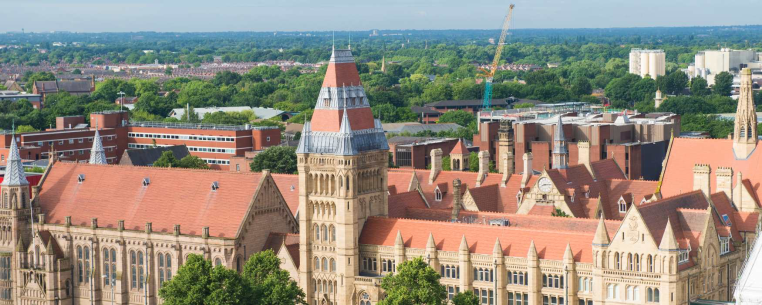Starting a new chapter in life can be hard, especially when figuring out how universities work during Clearing. If you are a migrant or refugee student looking to attend a UK university, this blog is for you.
The Issue
An estimated 330,000 children and young people in the UK have uncertain immigration status. Many have lived in the UK for most of their lives, so their status issues might not be obvious. As a result, they often do not get the support they need. Uncertain immigration status impacts almost every part of life, especially when trying to access higher education. We Belong has helped over 1,300 young people who did not know about their status and how it affects their ability to get university support.
Each year, We Belong raises awareness about the need for young people to secure their immigration status and to overcome barriers to education. That’s why Adam, our Youth Development Lead created this step-by-step guide for young migrants on how to access university during Clearing. For more information about immigration status, university access, and scholarships for refugees and migrants, please visit our Schools & Colleges: University Access Info Pack.
What is University Clearing?
Clearing is a process in the UK where universities fill places on their courses that haven't been taken yet. It usually runs from July to October and is a second chance for students who:
Didn't get the grades they needed
Applied late
Changed their mind about their course or university
Didn't receive any offers earlier in the cycle
For migrant students, Clearing can feel overwhelming, especially if you're still getting to grips with a new education system, language, or legal status. But it’s also an opportunity to access higher education.
Why Young Migrants Might Use Clearing
Migrant students often face unique challenges:
Late arrival to the UK — missing earlier application deadlines
Lack of access to guidance — limited support navigating UCAS and course requirements
Recognition of qualifications — uncertainty about how previous education translates in the UK system
Changing life circumstances — like getting asylum or refugee status during the year
Clearing can be a valuable route to still get a place at university — without having to wait another year.
Step-by-Step: How to Use Clearing
1. Check Your Eligibility
To use Clearing, you need to have applied through UCAS. If you haven’t, you can still apply now and get a UCAS ID.
2. Research Courses
From early July, universities begin listing available courses in Clearing. You can search through:
University websites
Hotlines and open days
Tip: Some universities are more supportive of refugee students and students with precarious immigration status than others. Look for “sanctuary universities” or ask about support services. A good place to start looking is STAR’s list of scholarships.
3. Contact Universities Directly
Once you find a course you like, call or email the university’s Clearing hotline. Be ready to:
Explain your situation
Share your qualifications
Provide your UCAS ID
If English isn't your first language, don’t worry — universities are usually understanding, and many have support for international and migrant applicants.
4. Accept an Offer
Once a university makes you an offer, you can add the course to your UCAS account and confirm your place.
Useful Resources
Additional Tips for Migrant Students from our Youth Development Lead
Ask about foundation years if you're not sure your current qualifications are enough. Many universities offer these as a bridge.
Look into scholarships for asylum seekers or migrants — some universities waive tuition or offer financial support.
Speak to a support worker or college advisor if you're in touch with refugee or migrant charities.
Be honest about your journey — your lived experience can be a strength and part of your personal statement or phone interview.
Clearing can feel chaotic, especially if you're already navigating a lot of changes. However, it can also mark the start of something significant. Whether you're searching for stability, purpose, or new opportunities, university can be a place of growth and transformation.
If you have any further questions, we encourage you to use the We Belong Advice Line for specific eligibility inquiries and support during Clearing calls.
